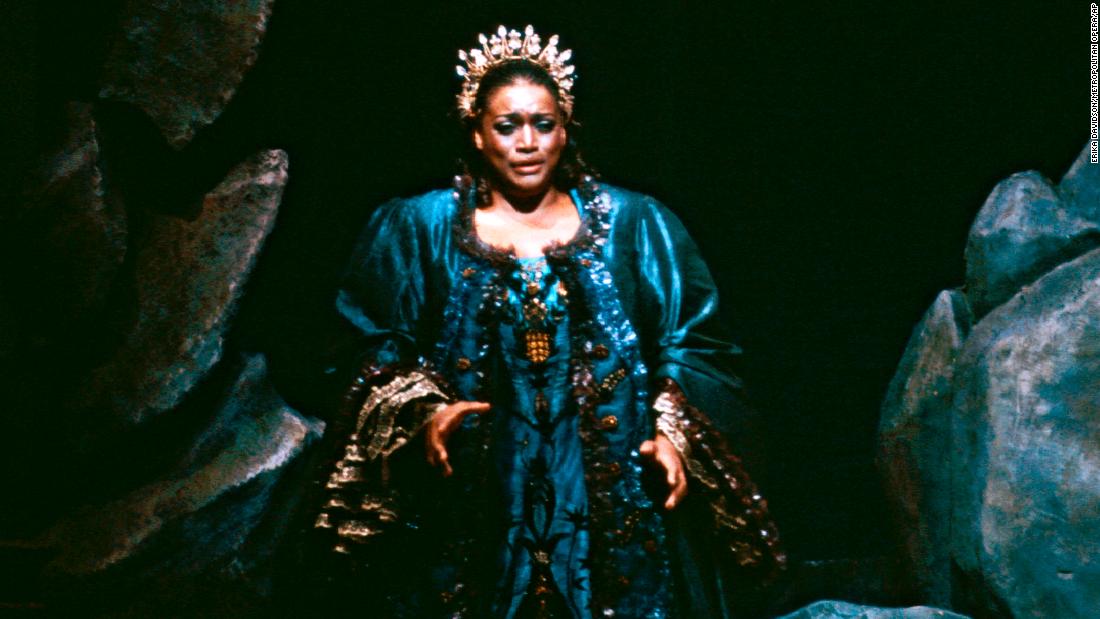Jessye Norman was a diva whose voice could not be denied
by globalpro | Oct 2, 2019 | Business |


(CNN)If arias resemble lyrical prose poems, then each vocalist who carries out one resembles a poet who reads their deal with a special tone and cadence. Whether she was singing the Habenero from Act 1 of Bizet’s “Carmen,” “Lieder” by Richard Strauss or carrying out in a Wagner opera, Jessye Norman’s voice was pure poetry.
Let’s admit it: poetry and opera are 2 art types that tend to make individuals feel insufficient. Talk of poetic types and conventions generates as much stress and anxiety, defensiveness and allegations of elitism as pointing out arias, recitatives and overtures.
Having been formed worldwide of Jim Crow Georgia in the 1940s, Jessye Norman comprehended what it seemed like to be left out, which impacted her technique to efficiency. Yes, she was a queen, however she made you feel as if that status was made, not originated from a deep-rooted sense of privilege.
Norman composed of how her moms and dads “attempted to imagine and prepare for brighter futures for their kids– futures they loved even if they had never ever skilled anything like them.” After leaving her home town of Augusta, Georgia, for Howard University in Washington, DC, she continued to browse a segregated world and her race often resulted in her being viewed as a lower entertainer.
As a young vocalist in 1968, for instance,
she declined to let the judges of the Bavarian Radio International Music Competition arbitrarily alter the guidelines on her throughout the 2nd round in what appears to have actually been a racially encouraged relocation. She won the competitors and the battle. The list below year, at the age of 24,
she was welcomed to sing Elisabeth in Tannhuser at the Deutsche Oper Berlin.
After constructing her opera profession on the phases of Europe, Norman went back to the United States. Her unique tasks developed around African American music were close to her heart, especially
the efficiency of “Honor: A Celebration of the African American Cultural Legacy” at Carnegie Hall in 2009. You need not have actually been at Carnegie Hall to hear how Jessye Norman bridged black and classical spirituals. Norman’s
1990 partnership with Kathleen Battle, “Spirituals in Concert,” exposes how Norman mixed the structure of her operatic efficiency with the improvisational design of the spiritual.
On “Spirituals in Concert” you can hear Norman with her effective soprano in all its magnificence matching Battle’s unique coloratura design on “In That Great Getting Up Morning” and “Great Day.” The 2 ladies symbolize to each other in a black vernacular and toss shade backward and forward while singing “Scandalize My Name.”
And Norman plainly brings your house down with “Sinner, Please Don’t Let This Harvest Pass” and “Ride On, King Jesus.” Both of them position their blackness on unapologetic and complete display screen and integrate the classical with the conventional when they sing.





Recent Comments